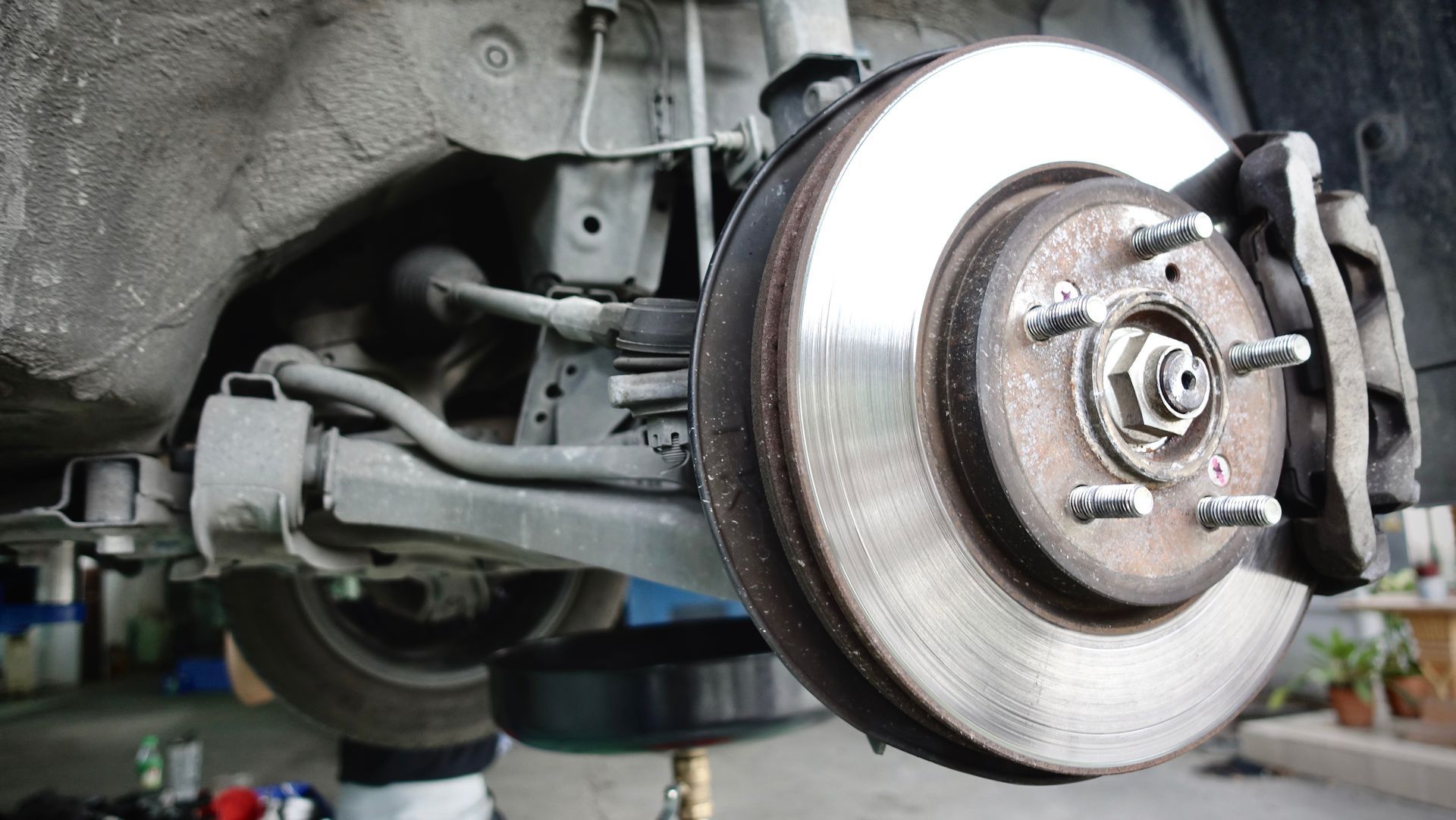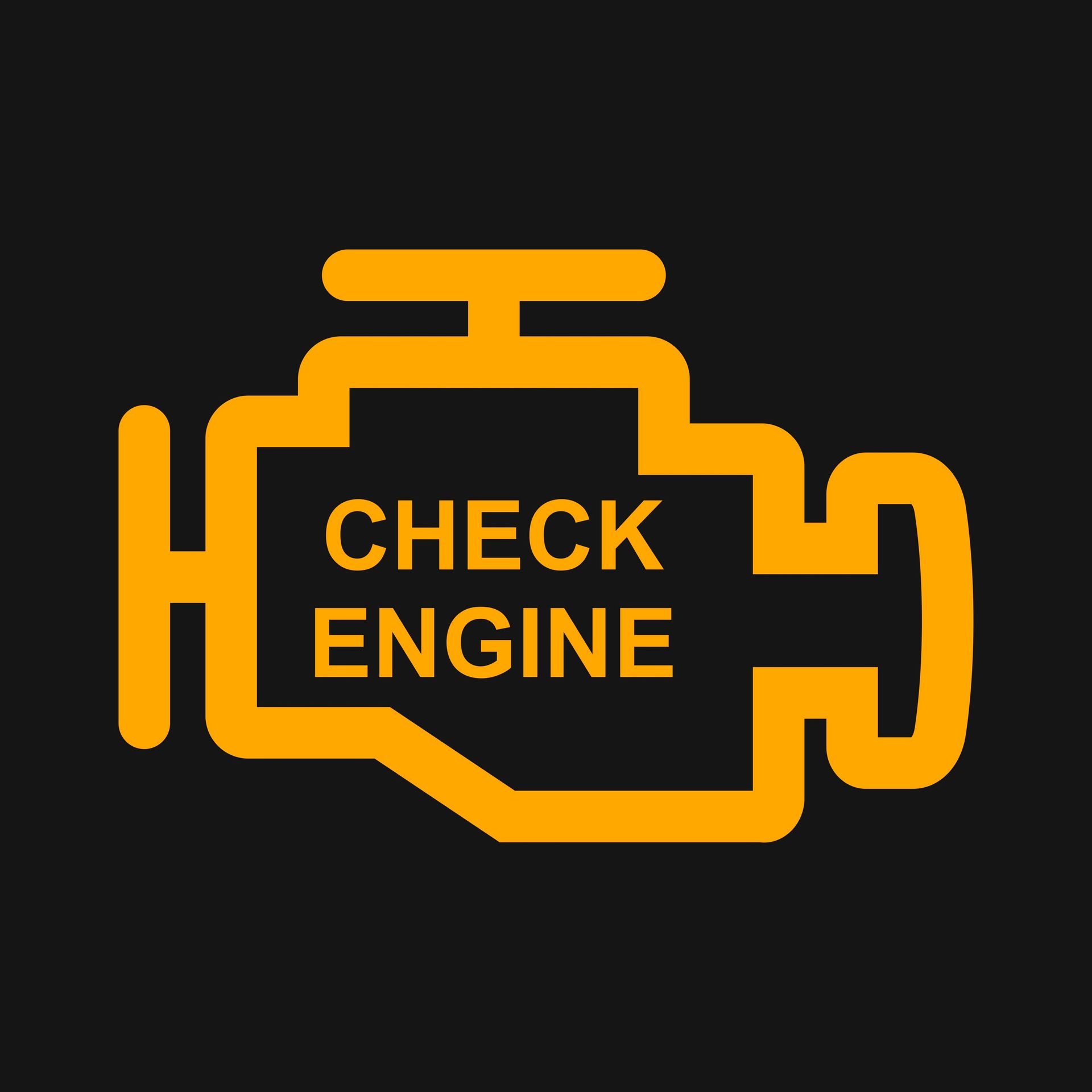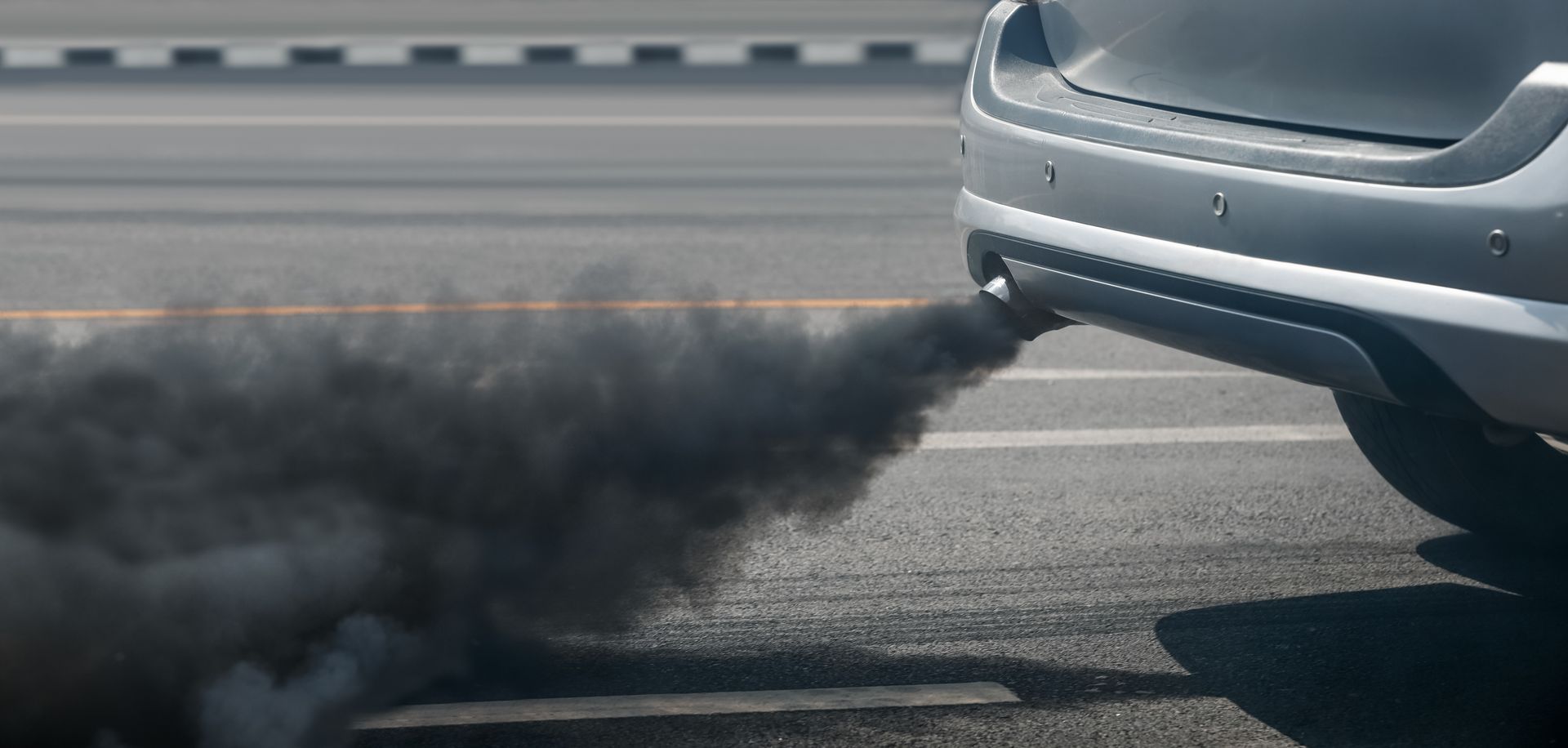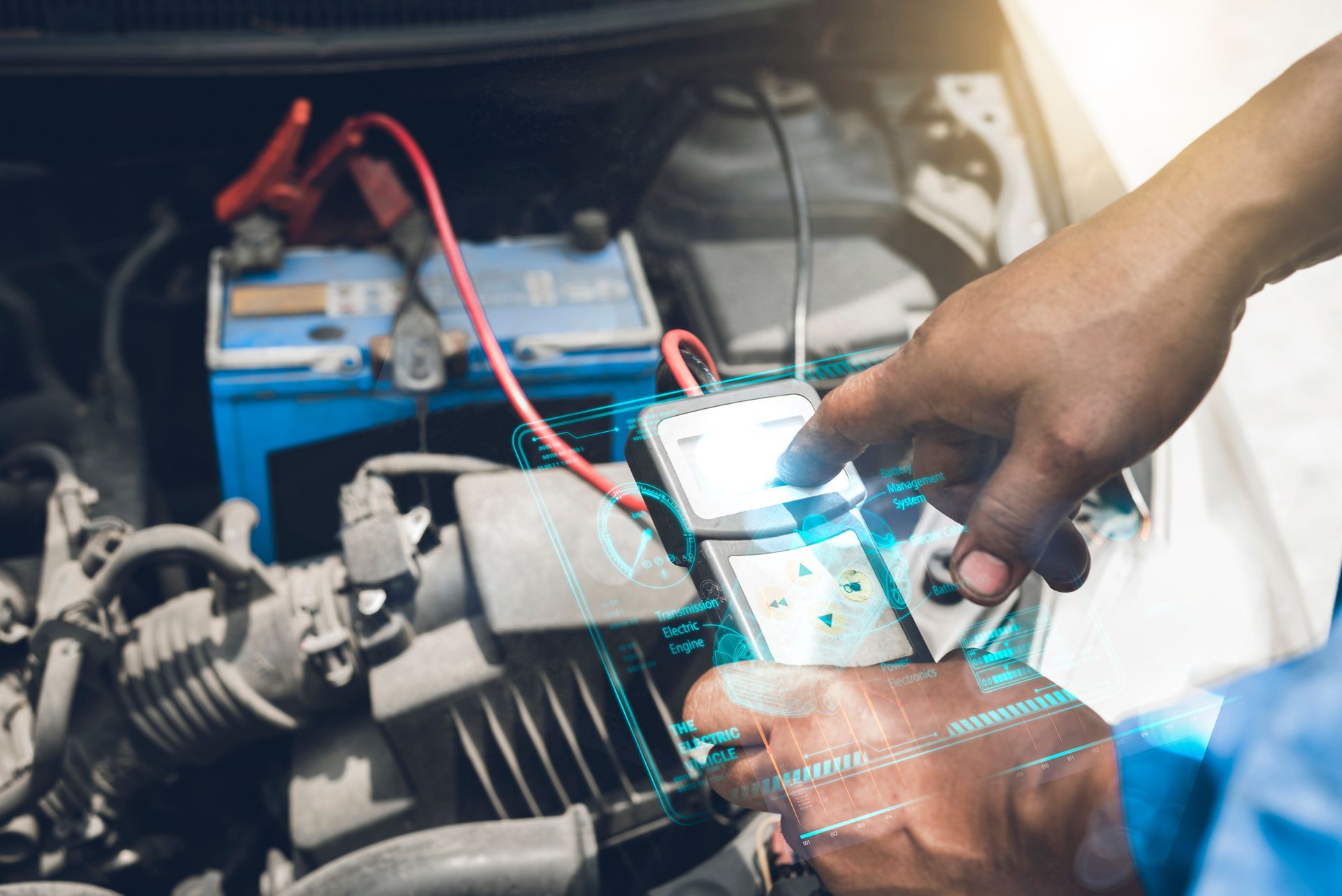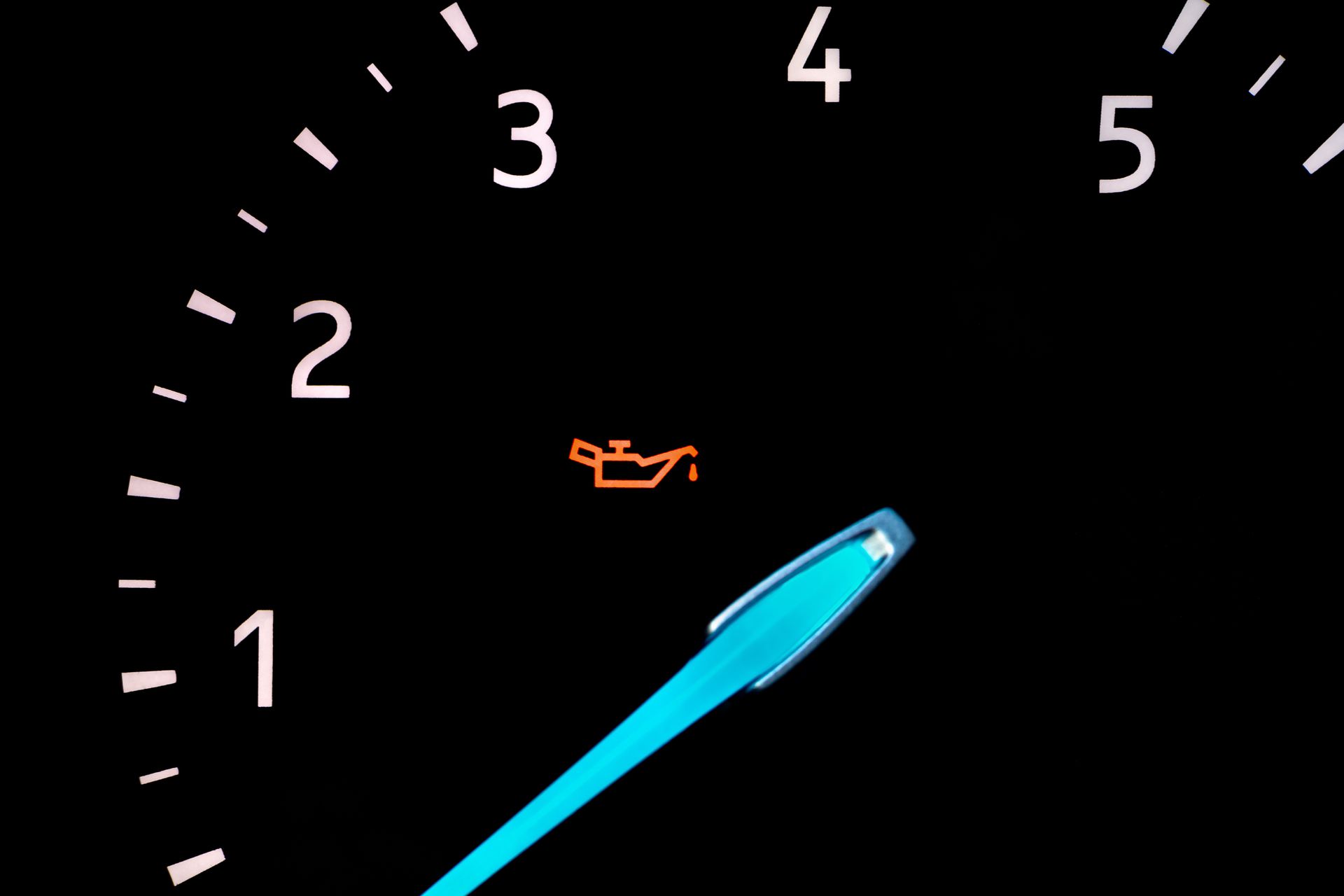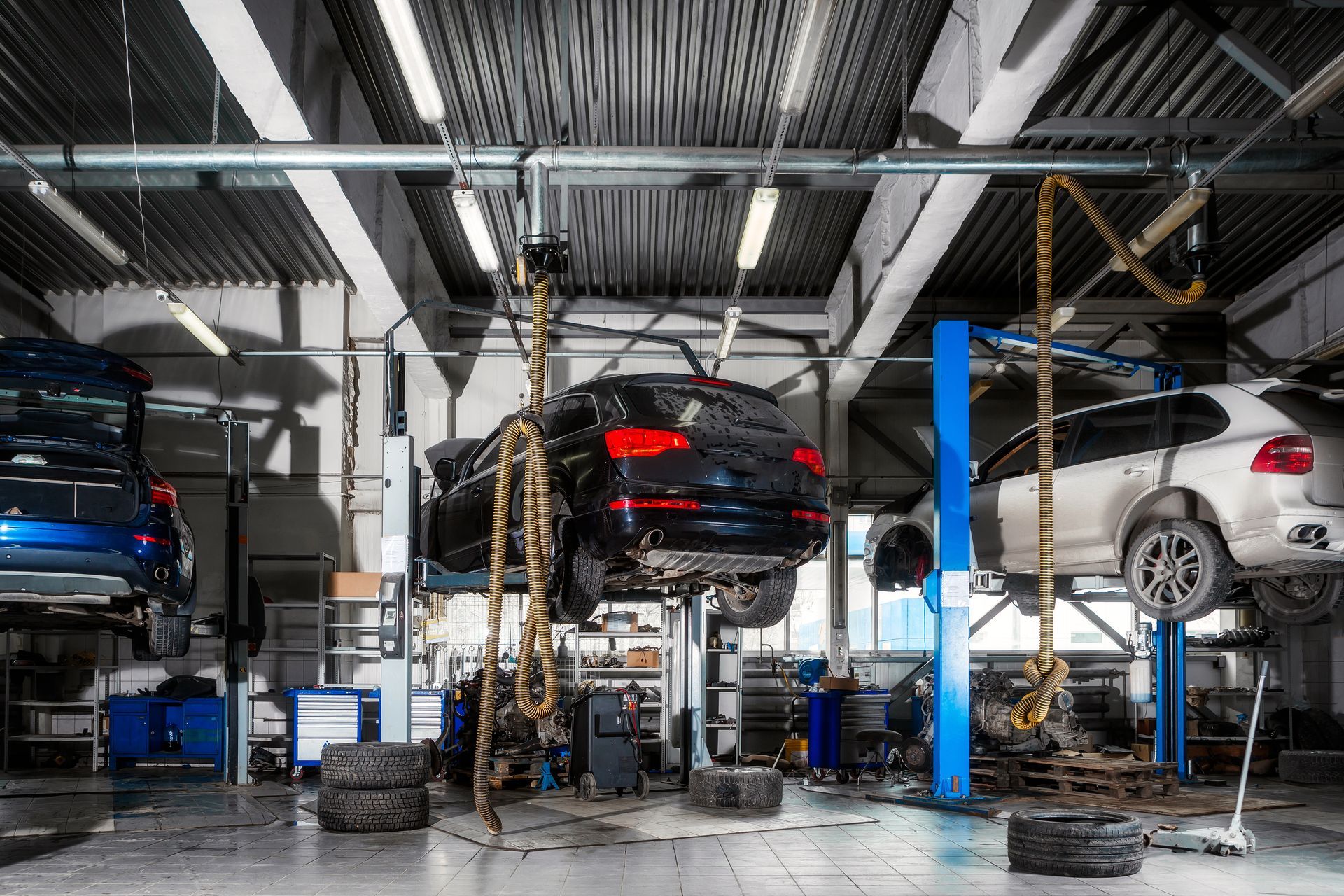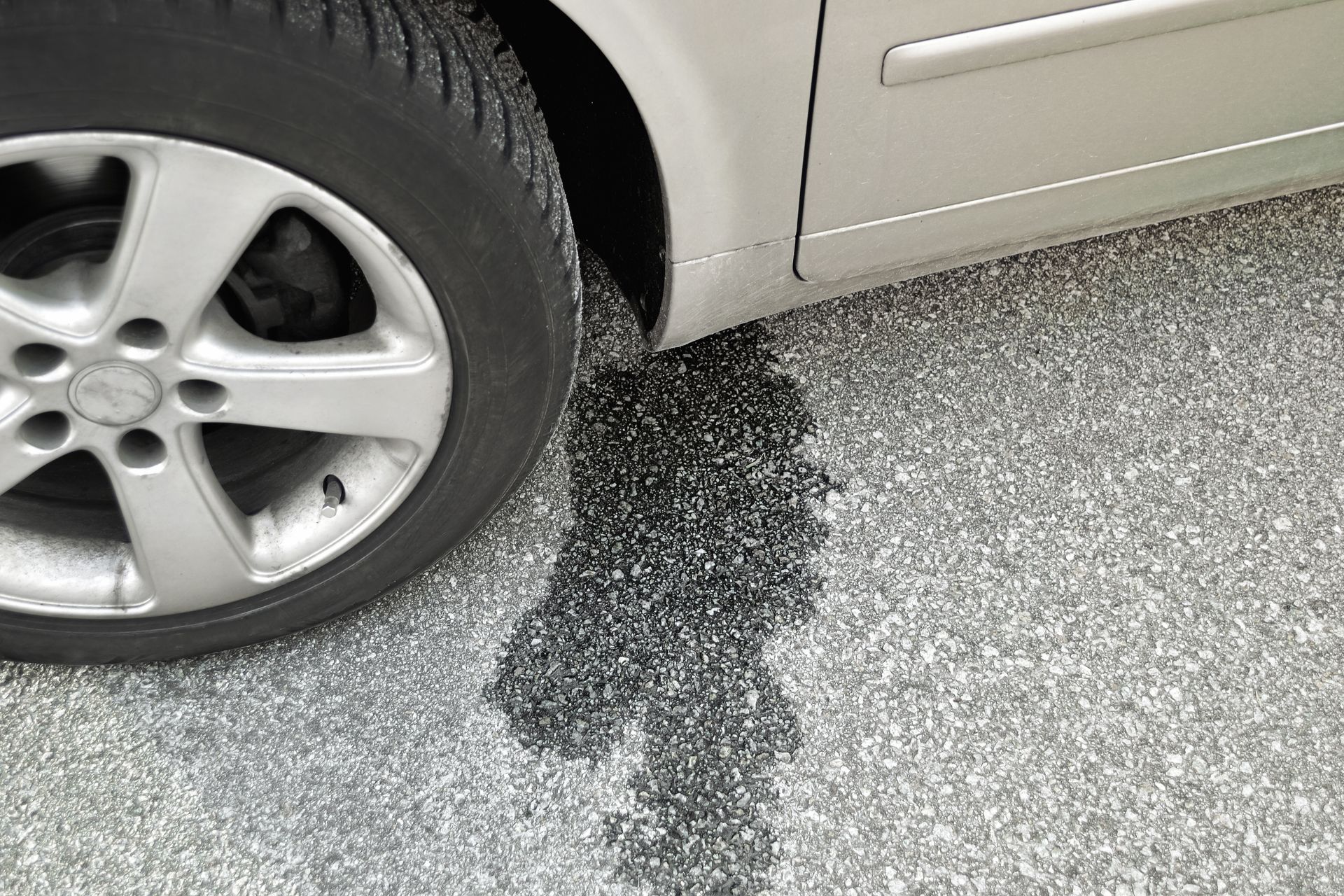Texas is known for its wide-open highways, but anyone who’s spent time on the backroads knows they can be a rough ride. Uneven pavement, potholes, gravel, and unexpected dips can take a toll on your vehicle, especially if your suspension isn’t in great shape. Whether you're navigating backroads for work or weekend getaways, your suspension plays a huge role in keeping your ride smooth, your tires planted, and your vehicle safe.
If your car feels every bump or starts to handle differently on backroads, your suspension might need some attention. Here's how to tell if it's ready for the challenge or due for a checkup.
What Your Suspension System Does
The suspension system includes shocks, struts, springs, and control arms, and they are all working together to absorb road impacts and keep your tires in contact with the ground. It’s what gives you a comfortable ride and stable handling. A well-functioning suspension helps with steering response, braking distance, and overall control.
When components wear out or become damaged, the system can’t cushion impacts the way it should. This becomes especially noticeable on rough or unpaved roads, where each bump or pothole transfers more force into your vehicle’s frame.
Signs Your Suspension Might Be Struggling
The first warning signs often appear as changes in how your car feels while driving. You might notice it sways more around corners, dips forward when braking, or bounces more than usual over bumps. Some drivers report a “loose” or disconnected feeling in the steering.
Another common sign is uneven tire wear. If your suspension isn’t keeping your wheels aligned and firmly on the road, certain spots on your tires can wear down faster. That not only shortens tire life, but also makes your vehicle less stable, especially when taking curves on unpredictable roads.
Why Texas Roads Put Extra Stress on Suspensions
Backroads in Texas are tough on vehicles. Constant transitions between gravel, pavement, and dirt can shake loose parts over time. Speed bumps and steep driveways can compress worn-out shocks and struts to their limit. When roads are patched poorly or hit with seasonal washouts, deep ruts and potholes form, and they’re not always easy to see.
If your suspension is already worn, one hard impact can push it over the edge. On a high-speed rural road, which can become dangerous fast. That’s why a quick suspension inspection in the fall or spring is a smart idea for Texas drivers who frequent backroads.
How Shocks and Struts Affect Ride and Handling
Shocks and struts are responsible for damping the movement of your suspension springs. When they wear out, your car bounces more, corners less predictably, and takes longer to stop. You might also hear knocking or clunking noises from the wheel area if these components are loose or damaged.
Unlike tires or brakes, worn shocks don’t always show visible damage, so they’re often overlooked. But they’re just as important to your vehicle’s safety. On rough roads, worn shocks can cause your tires to leave the ground momentarily, reducing traction and control.
When to Have Your Suspension Inspected
If you feel like your vehicle isn’t handling bumps the way it used to, it’s time for a suspension check. Also consider an inspection if:
- You’ve recently hit a large pothole or curb
- You notice fluid leaking near the wheels (shocks can leak when they fail)
- Your steering feels loose or slow to respond
- Your car sits lower on one side
An inspection includes checking the condition of shocks, struts, ball joints, bushings, and alignment. If any parts are worn or damaged, replacing them early can save you money down the road and restore your vehicle’s stability.
Keep Your Suspension in Shape Between Services
You can extend the life of your suspension by avoiding potholes when possible, slowing down on gravel or rough surfaces, and not overloading your vehicle. If you carry heavy loads or tow frequently, consider upgrading to heavy-duty suspension parts. These are designed to handle extra stress and may last longer under rugged conditions.
Also, keep an eye on your tires. Poor alignment or suspension wear often shows up as feathering, cupping, or bald spots, especially on front tires.
Trust Kwik Kar Auto Repair – Parker Road in Plano, TX for Suspension Service
If your vehicle isn’t handling Texas roads like it used to, bring it to Kwik Kar Auto Repair – Parker Road in Plano, TX. Our technicians will inspect your entire suspension system and make sure it's ready for everything from gravel roads to steep driveways. Whether you need a minor repair or a full suspension refresh, we’ve got the tools and experience to get it done right.
Schedule your visit today and enjoy a smoother, safer ride no matter how bumpy the road gets.
